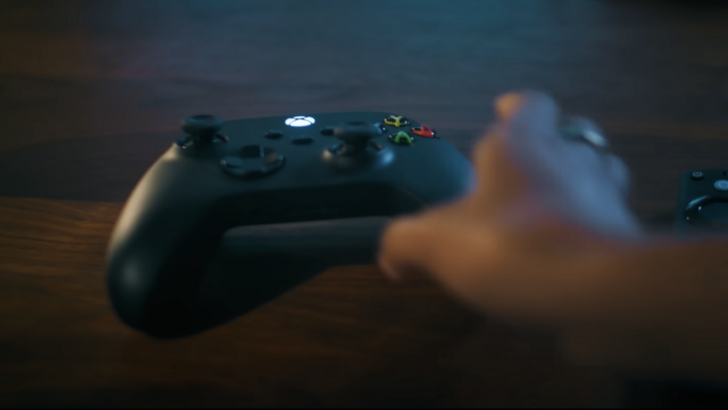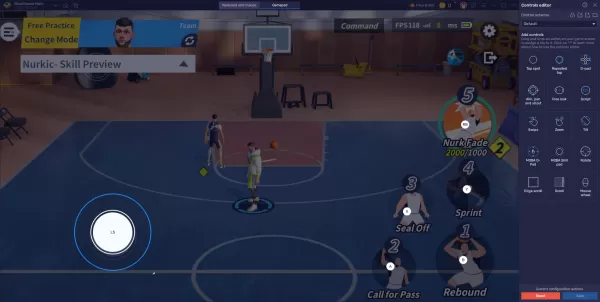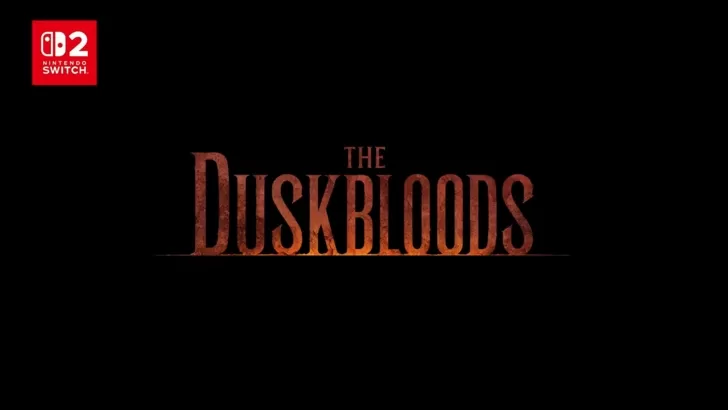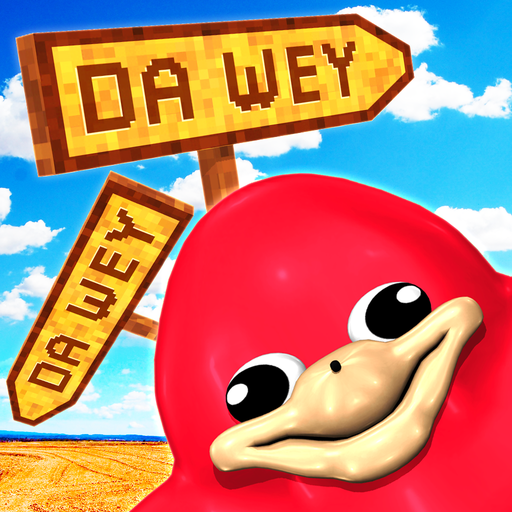Xbox Game Pass Price Hikes and New Tier Announced: Expanding Reach, Increasing Costs
Microsoft recently announced price increases for its Xbox Game Pass subscription service, alongside a new tier omitting "Day One" game releases. This move reflects Xbox's broader strategy to expand Game Pass's accessibility while also boosting revenue.
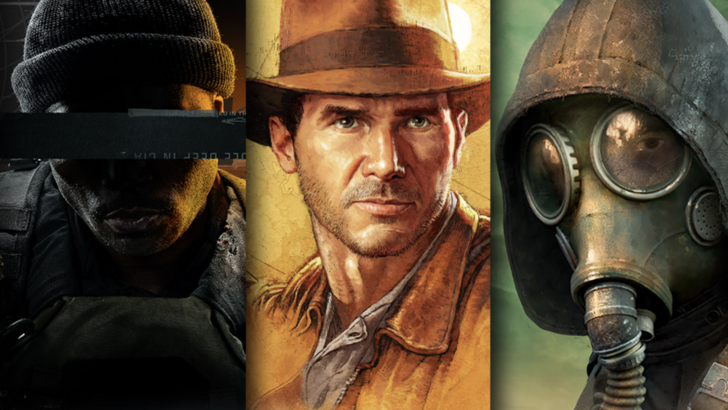
Price Increases Effective July 10th (New Subscribers) and September 12th (Existing Subscribers):
-
Xbox Game Pass Ultimate: Rising from $16.99 to $19.99 per month. This tier retains its comprehensive package: PC Game Pass, Day One games, game catalog, online play, and cloud gaming.
-
PC Game Pass: Increasing from $9.99 to $11.99 per month. Day One releases, member discounts, the PC game library, and EA Play remain included.
-
Game Pass Core: The annual price jumps from $59.99 to $74.99, though the monthly price stays at $9.99.
-
Game Pass for Console: Discontinued for new subscribers starting July 10th, 2024. Existing subscribers can maintain access as long as their subscription remains active. After September 18th, 2024, the maximum stackable time for Game Pass for Console codes will be 13 months.
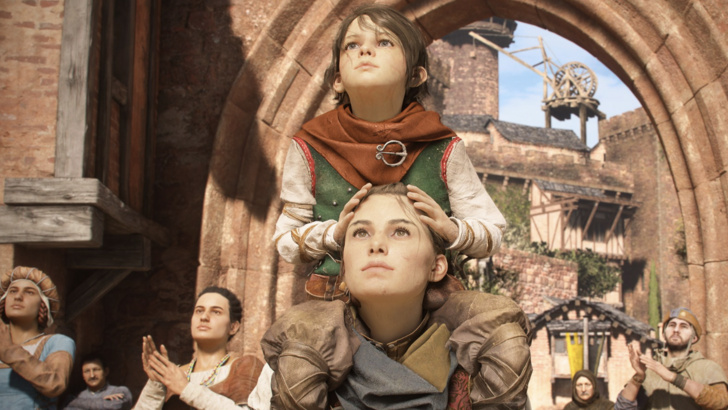
Introducing Xbox Game Pass Standard:
A new $14.99 per month tier, Xbox Game Pass Standard, will offer a back catalog of games and online play, but excludes Day One games and cloud gaming. Microsoft plans to release further details on its launch date and game availability shortly.

Xbox's Expanding Strategy:
Microsoft emphasizes its commitment to providing diverse options for gamers, citing the price changes as a reflection of this goal. Statements from Xbox CEO Phil Spencer and CFO Tim Stuart highlight the importance of Game Pass, first-party titles, and advertising as high-margin revenue drivers for Microsoft's gaming division.
The recent launch of Game Pass on Amazon Fire TV Sticks underscores Xbox's push for broader platform accessibility. A new ad campaign even proclaims, "You don't need an Xbox to play Xbox." This reflects a strategy focused on expanding reach beyond its own hardware.
Despite this expansion into new platforms, Microsoft has confirmed its ongoing commitment to hardware production and physical game releases, dispelling concerns about a complete shift to a digital-only model.

